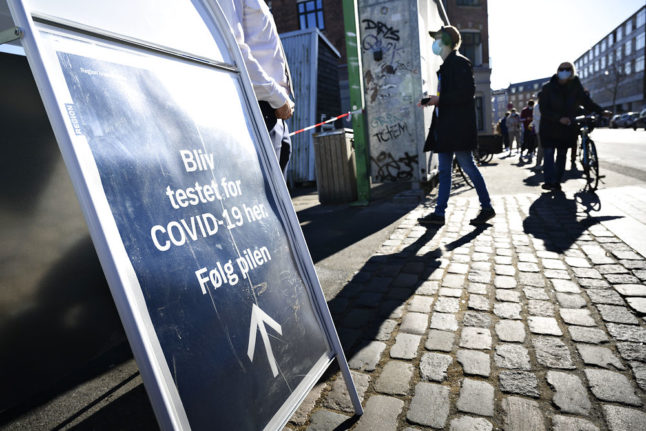Health minister Magnus Heunicke confirmed in a tweet that the P1 variant had now been detected in Denmark, while the national infectious disease agency, State Serum Institute (SSI), has stated that case occurred in the Greater Copenhagen region.
Det første tilfælde af varianten P1 er fundet i Danmark. P1 blev oprindelig påvist i Brasilien og er en af dem, vi har særligt fokus på. Der er iværksat intensiv smitteopsporing. Varianten er fundet af DTU, der hjælper med at analysere prøver, og bekræftet af SSI#COVID19dk
— Magnus Heunicke (@Heunicke) March 3, 2021
No information was released as to whether the infection occurred in Denmark or was imported by someone who travelled to the country from abroad.
Heunicke said that an intensive contact tracing effort was underway in order to minimise the risk that the variant could spread further.
The P1 variant was first identified in January in tropical city Manaus in Brazil. It is considered to be more infectious than previous forms of Covid-19, like other new variants B117 and B1351.
It is unclear whether Covid-19 patients who become infected with the P1 variant become more ill with the virus compared to other types.
The World Health Organization believes the variant to now have spread to around 30 countries including several in Europe.
READ ALSO: Denmark reports first community transmission of B1351 variant



 Please whitelist us to continue reading.
Please whitelist us to continue reading.
Member comments